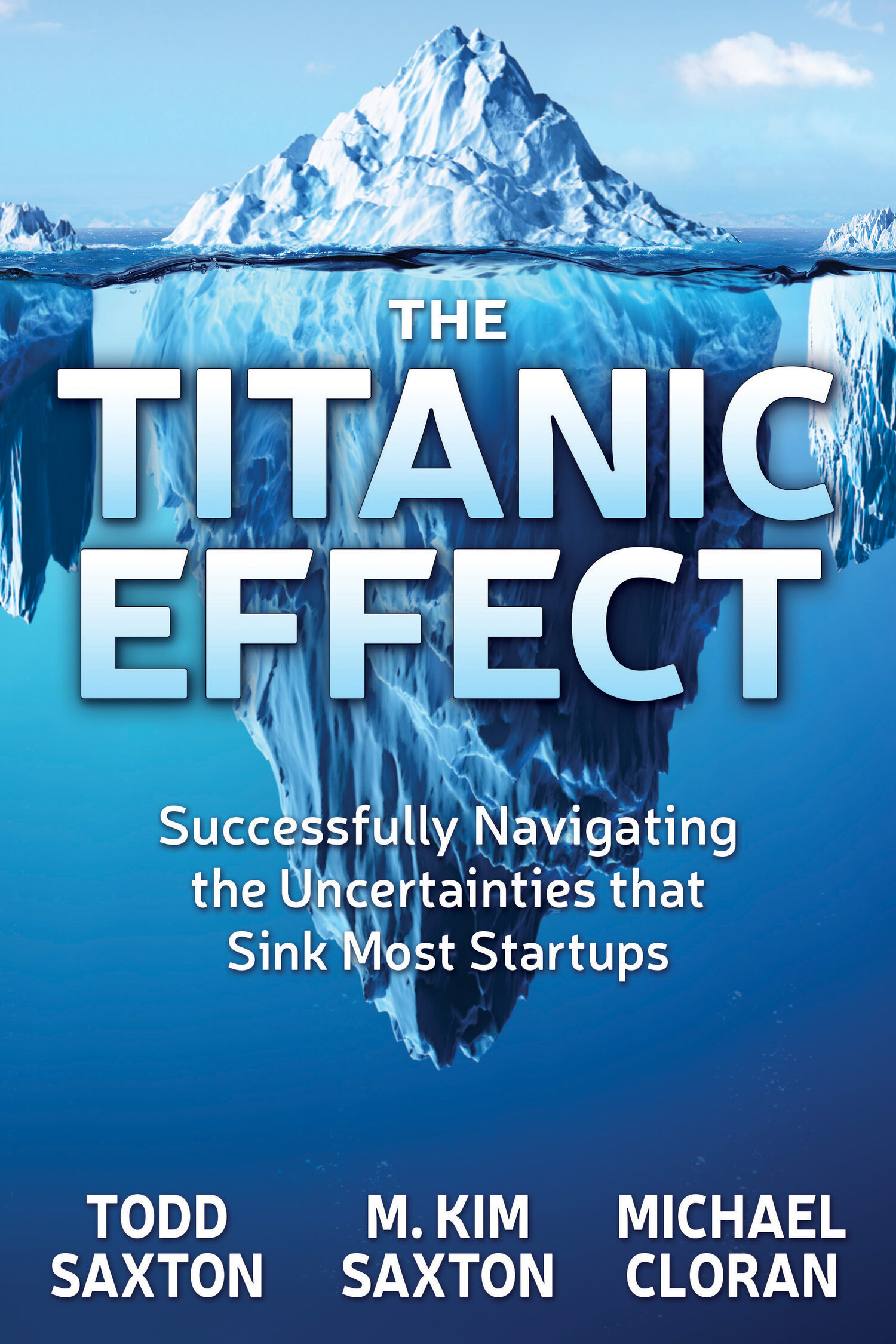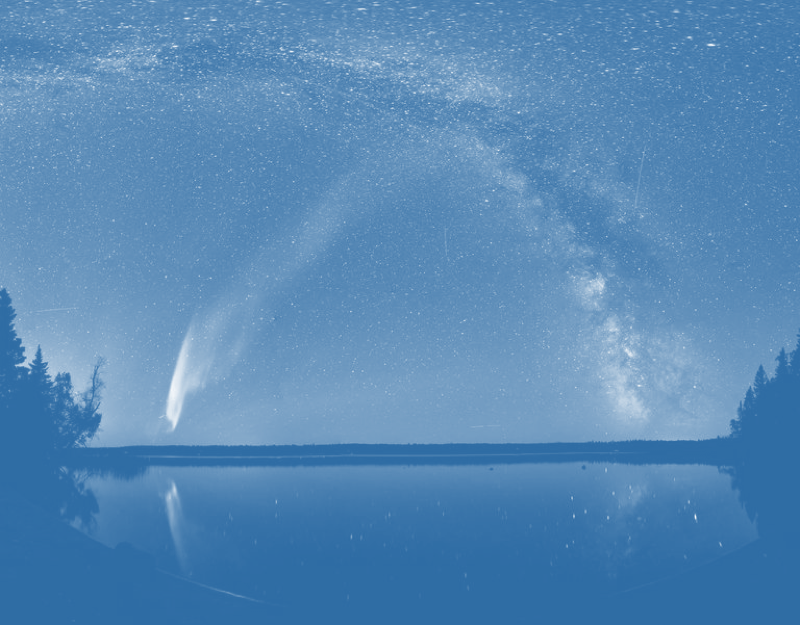Early in our blogging history, we had a post titled – Startup Story: What REALLY Sank the Titanic?. Believe it or not, it’s not only the most read post on our blog overall, but also every single month. That’s right. People are still very interested in knowing why something so big resulted in such catastrophic failure.
It’s the reverse of the underdog story. We want something so spectacular to be successful. We need to believe that when it fails, it was not some person’s fault but rather some uncontrollable force. There is even a management theory that explains this behavior, Attribution Theory. We tend to claim our successes as resulting from our actions. And, our failures come from actions outside our control.
The point of this blogpost is that recently a new theory for theTitanic’sfailure has come to life.








